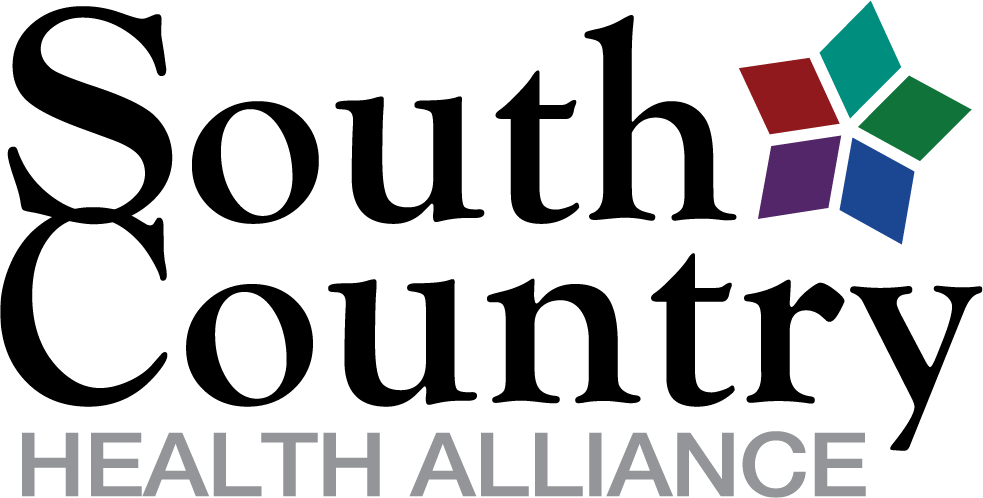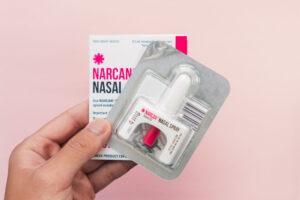The United States is experiencing an epidemic of drug overdoses, driven mostly by fentanyl. Fentanyl overdoses are currently the number one cause of death among individuals between the ages of 18 and 49. By the end of this week, 1,500 Americans will die from a fentanyl overdose. Next week another1,500 Americans will die from a fentanyl overdose – it will be the same week after week after week.
Fentanyl is a highly potent synthetic opioid drug used to treat severe pain. It is 50 times stronger than heroin and 100 times stronger than morphine. Because fentanyl is so potent, the amount the size of a grain of salt can be fatal.
People are overdosing on street drugs such as methamphetamine, marijuana and cocaine, which may be laced with fentanyl. Individuals often are unaware that fentanyl is in their drug. Many others are overdosing on opioids, including counterfeit illegal drugs, which look like prescription opioids such as hydrocodone and oxycodone. Recently, a 7-month-old died of fentanyl toxicity due to exposure to fentanyl in her home. That these deaths are preventable is especially tragic. Fentanyl overdoses are robbing people of their children, their parents, their siblings and their friends.
The following are signs of an opioid drug overdose:
- Small, constricted, pinpoint pupils.
- Falling asleep or losing consciousness.
- Slow, weak, or no breathing.
- Choking or gurgling sounds.
- Limp body.
- Cold and/or clammy hands.
- Discolored, bluish skin especially in lips and nails.
- Presence of drugs near the person.
Naloxone is a medication used to reduce or reverse the effect of opioid overdose. Narcan is one of the brand names naloxone is sold under. South Country covers naloxone in an injection form and Narcan in a nasal spray without prior authorization. Both can reverse the effects of an opioid overdose. Your doctor or pharmacist can prescribe naloxone or Narcan and South Country will cover it. You can receive a prescription if you are concerned about your risk for a drug overdose or a family member’s or friend’s risk of overdose.
It may be hard to tell if someone is high or experiencing an overdose. If you aren’t sure, treat it as an overdose – you can save a life! Giving someone naloxone or Narcan who hasn’t overdosed will not harm them.
Remember to follow these steps:
- Call 911 immediately.
- Administer naloxone or Narcan immediately if available. Do not wait for emergency personnel to arrive.
- Try to keep the person awake or breathing.
- Lay the person on their side to prevent choking.
- Stay with the person until emergency assistance arrives.
If you have children in the house, it is important to talk with them, especially teenagers, about the risk of fentanyl in street drugs. Too many opioid overdoses result in a tragic unintentional death. South Country is here to help. If you have any questions about Narcan or naloxone or accessing treatment for drug use or mental health services, both of which are covered by South Country, please contact member services to connect with one of our behavioral health professionals.

